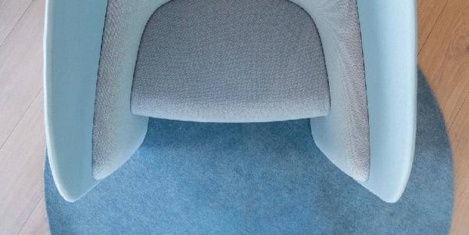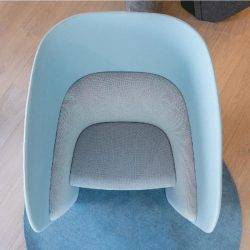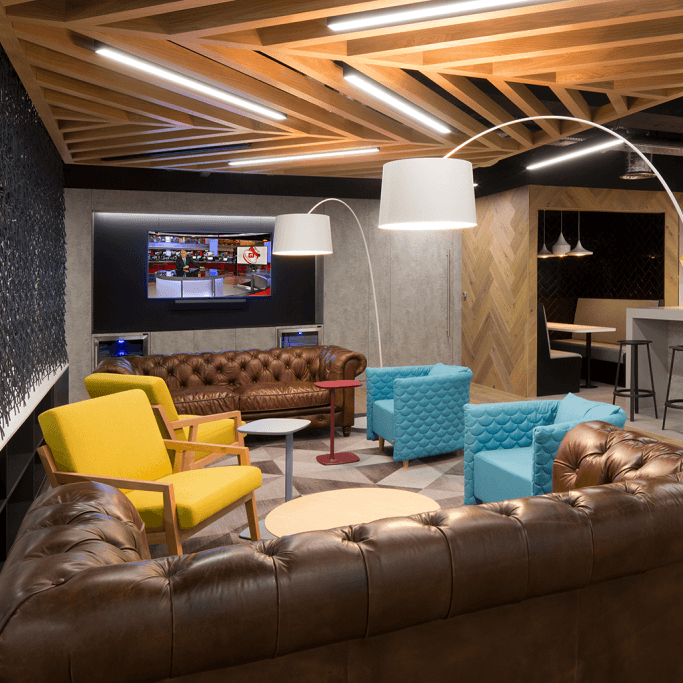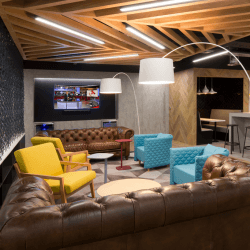December 4, 2018
Majority of UK employees want Britain to adopt French out-of-hours email ban
 Over a third (35 percent) of UK workers continue to work when then get home from the office, claims research from Insurance2go into whether British workers are struggling to stick to working within their designated office hours. The survey found that a third (35 percent) of continue to answer work email or conduct work tasks on their personal mobile phones when they get home from work, a quarter (25 percent) do the same during their lunch break, and just under a quarter (23 percent) have said they work on their personal handsets on their commute. Meanwhile, across the channel, French employees have been given the legal right to ignore work emails outside of working hours, with companies of over 50 workers providing a charter of good conduct, setting out the hours when staff are not supposed to send or answer emails. When asked if the UK should follow-suit, 65 percent of workers were in favour, implying a strain on British staff and an expectation to be ‘always on’ even in non-working hours.
Over a third (35 percent) of UK workers continue to work when then get home from the office, claims research from Insurance2go into whether British workers are struggling to stick to working within their designated office hours. The survey found that a third (35 percent) of continue to answer work email or conduct work tasks on their personal mobile phones when they get home from work, a quarter (25 percent) do the same during their lunch break, and just under a quarter (23 percent) have said they work on their personal handsets on their commute. Meanwhile, across the channel, French employees have been given the legal right to ignore work emails outside of working hours, with companies of over 50 workers providing a charter of good conduct, setting out the hours when staff are not supposed to send or answer emails. When asked if the UK should follow-suit, 65 percent of workers were in favour, implying a strain on British staff and an expectation to be ‘always on’ even in non-working hours.







 A new task group spearheaded by the UK Green Building Council (UKGBC) being launched which will develop an industry-led definition for net zero carbon buildings. The task group brings together over thirty experts from across the building value chain and is being supported by 12 leading industry bodies. Following the recent IPCC report and the Paris Climate Agreement, worldwide attention has switched to achieving “net zero emissions” to escape the worst impacts of climate change. To answer this, a global campaign is being led by the World Green Building Council – calling for all new buildings to be net zero carbon in operation by 2030 and all existing buildings to achieve this standard by 2050. Its aim is to build industry consensus on a definition for net zero carbon buildings, which can then be used to advise project designs, planning requirements and building regulations.
A new task group spearheaded by the UK Green Building Council (UKGBC) being launched which will develop an industry-led definition for net zero carbon buildings. The task group brings together over thirty experts from across the building value chain and is being supported by 12 leading industry bodies. Following the recent IPCC report and the Paris Climate Agreement, worldwide attention has switched to achieving “net zero emissions” to escape the worst impacts of climate change. To answer this, a global campaign is being led by the World Green Building Council – calling for all new buildings to be net zero carbon in operation by 2030 and all existing buildings to achieve this standard by 2050. Its aim is to build industry consensus on a definition for net zero carbon buildings, which can then be used to advise project designs, planning requirements and building regulations.












 The vast majority (97 percent) of office workers in UK feel frustrated by their workplace environments, with many feeling the need to escape office life as a result. A new report from Staples has discovered that one-in-five (22 percent) end up browsing LinkedIn job ads for something better when they’re frustrated. As a result, job-hopping is prolific, with workers now predicted to have 11.7 jobs between the ages of 18 and 48. The expectation that the grass must be greener elsewhere is leaving most thinking about switching jobs. However, when they do end up jumping ship, many just experience a short-term fix. According to the study, a third (37 percent) get frustrated in their new office before the end of their first six months. The majority of office workers say they seek fulfilment (89 percent) at work, and for most (77 percent), the quality of their office workspace is a contributing factor in how fulfilled they feel.
The vast majority (97 percent) of office workers in UK feel frustrated by their workplace environments, with many feeling the need to escape office life as a result. A new report from Staples has discovered that one-in-five (22 percent) end up browsing LinkedIn job ads for something better when they’re frustrated. As a result, job-hopping is prolific, with workers now predicted to have 11.7 jobs between the ages of 18 and 48. The expectation that the grass must be greener elsewhere is leaving most thinking about switching jobs. However, when they do end up jumping ship, many just experience a short-term fix. According to the study, a third (37 percent) get frustrated in their new office before the end of their first six months. The majority of office workers say they seek fulfilment (89 percent) at work, and for most (77 percent), the quality of their office workspace is a contributing factor in how fulfilled they feel.
 A new survey of professional, mainly management-level women has revealed a lack of support for maternity returners by employers. According to the survey by working parents website
A new survey of professional, mainly management-level women has revealed a lack of support for maternity returners by employers. According to the survey by working parents website 










